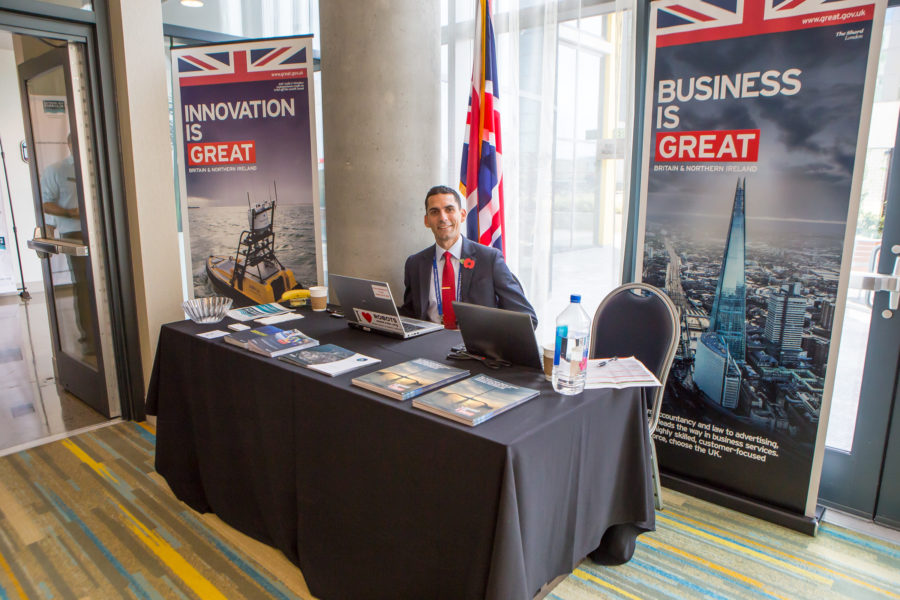8th June 2019 Science Innovation USA
Building the Blue Economy and solving global challenges in San Diego, California

As global population grows, so does our impact on the world’s oceans. Even today, on this World Ocean Day, we continue to hear about scary things such as ocean acidification, the proliferation of plastic in the ocean, and ecosystem destabilization. Every day brings a new report of man-made environmental disasters. But all is not lost.
With time, perceptions and behaviours are slowly beginning to change. Here in San Diego, for example, an ordinance recently passed to ban restaurants from handing out polystyrene foam and single-use plastics in a move towards becoming a zero waste city by 2030. On the other side of the pond, the UK’s Foreign & Commonwealth Office will have eradicated single-use plastics from its operations by 2020. Governments around the world are beginning to recognize the blue economy as a driver for welfare and prosperity. And while these examples are steps in the right direction, for continued and widespread progress, international collaboration and community engagement remain key.
It makes sense to work together to tackle big ocean issues. I’m very proud to be part of a team that has, over the past 2 years, worked towards strengthening this important and much needed international collaboration. We’ve brought UK marine autonomous systems experts to San Diego to discuss dual-use technologies and new regulatory frameworks for marine robotics with their US counterparts. At this year’s Oceanology International conference we were able to celebrate the release of the UK’s new maritime sector strategy, Maritime 2050, and to highlight new opportunities for local stakeholders. We recently linked local investors to innovative UK start-ups utilizing robotics for hazardous environments and I’ve been fortunate enough to visit both Scripps Institution of Oceanography and the National Oceanography Centre to understand how they work together to turn ground-breaking research into solutions for real world problems (and to make a few new friends in the process!).
We will continue this important work and to keep doing our part to help foster the kind of collaboration needed to restore and protect the health of our most valuable resource.